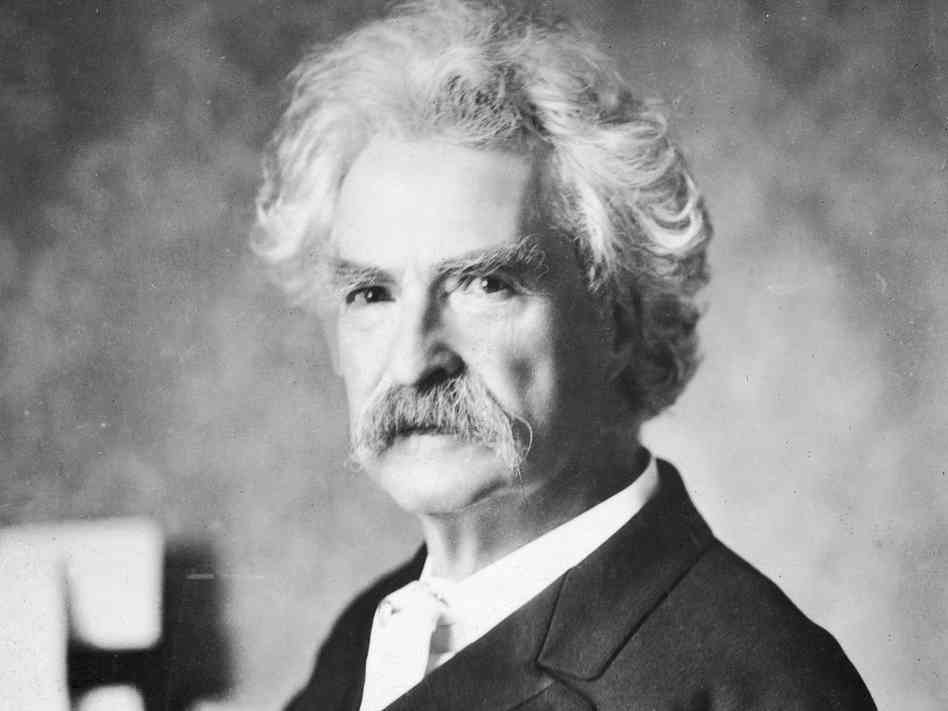Mark Twain doled out the following writing advice: “Substitute ‘damn’ every time you’re inclined to write ‘very’; your editor will delete it, and the writing will be just as it should be.” For me, his droll quote contains two takeaways.
One is that the word “very” is often superfluous (“very beautiful,” “very economical,” “very adamant,” “very lousy”). After we write these phrases in a rough draft, we’ll frequently realize in the editing process that we can strike “very.” (That doesn’t mean we should go on autopilot and delete every “very” we encounter; we might feel in a given sentence that “very economical” expresses what we mean. It just means we should consider whether “very” is adding anything.)
Using “Very” as an Alert
The other takeaway gets more at the heart of effective writing, however. When we spot “very” we should pause to decide if the next word is adequate. “Very” is a convenient signal that we might be missing an opportunity to write with more variety or precision. Let’s look at four examples:
1. “Nancy is very good at leading meetings.” This sentence communicates, but can we improve it? Perhaps one exacting word instead of the commonplace “very good” will enhance our writing. So we might use “adept at leading meetings” or “skillful” or “seasoned.”
Aha. That was worth a few extra seconds. Would investing a bit more time pay off even bigger? Well, we could weave in why she’s adept or how she does it or what she does: “Nancy is adept at getting each participant engaged in meetings.” “Nancy skillfully finds areas of consensus at every meeting.”
Now let’s take the following three sentences through the same two-level process. First we delete “very” and simply use more precise language. Then we get into more depth and communicate more fully.
Practicing Precision
2. “The survey of tenants’ chief concerns was very interesting.” Better: “was intriguing” or “was eye-opening.” Better yet: “The survey of tenants’ chief concerns reflected a particular frustration with communications.” “The survey of tenants’ chief concerns revealed their poor understanding of the new security system.”
3. “The candidate I interviewed yesterday seemed very good.” Better: “seemed ideal” or “seemed promising.” Better yet: “The candidate I interviewed yesterday impressed me with her understanding of what we do.” “The candidate I interviewed yesterday would probably fit into our team right away.”
4. “Adequate project planning will be very important.” Better: “essential” or “crucial.” Better yet: “Adequate project planning will ensure that we adhere to our budget.” “Adequate project planning will enable us to cultivate a number of our top volunteers.”
“Very” is a like a caution light at an intersection. When we encounter “very” in an informal document, we’re normally safe to keep moving. But in documents we deem more important, it pays to slow down for a moment and heed what the signal is telling us.
In addition to presenting workshops on writing in the workplace, Norm Friedman is a writer, editor, and writing coach. His 100+ Instant Writing Tips is a brief “non-textbook” to help individuals overcome common writing errors and write with more finesse and impact. Learn more at http://www.normfriedman.com/index.shtml.

